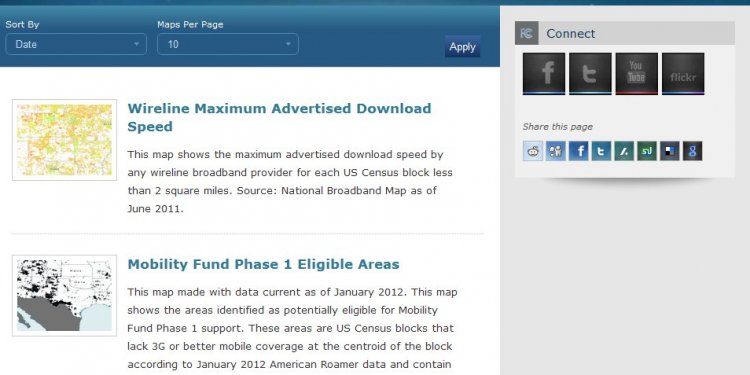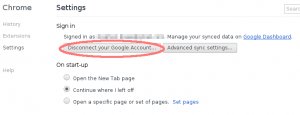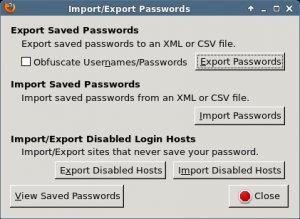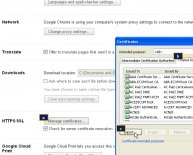
Import from Chrome to Firefox
 In Chrome settings, as a precation, we disconnected my Google account before closing the browser. Therefore, any modifications i really could make to this temporary session wouldn’t ever before be published returning to Bing.
In Chrome settings, as a precation, we disconnected my Google account before closing the browser. Therefore, any modifications i really could make to this temporary session wouldn’t ever before be published returning to Bing.
- Once you've the conserved CSV file from Chrome, keep hold of it – we must modify it. In Firefox, install the Password Exporter add-on:
Code Exporter lets you import passwords too, to help you prevent the need certainly to put in any 3rd party workarounds like LastPass (which once again need you to publish all of your internet browser information).Firstly, however, utilizing Password Exporter in Firefox (Tools > add-ons … Extensions > Password Exporter > choices), we could export an example CSV file to observe Password Exporter needs its import information. Click on “Export Passwords” and save the file to your residence directory.
NOTE: this calls for that one code is saved in Firefox currently.
- The headings inside exported file are below:
hostname login name password formSubmitURL httpRealm usernameField passwordField
This is the format that Password Exporter will anticipate its import data.
The data’s headings you have actually only exported from Chrome tend to be only a little different:
origin_url action_url username_element username_value password_element password_value submit_element signon_realm ssl_valid preferred date_created blacklisted_by_user strategy password_type possible_usernames times_used
We have to match the firefox CSV headings utilizing the matching Chrome CSV headings. To get this done quickly, use a spreadsheet device we utilized LibreOffice Calc.
This is exactly what we arrived at:
(FF = Firefox; GC = Google Chrome)
FF: hostname username password formSubmitURL httpRealm usernameField passwordField
GC: origin_url username_value password_value action_url signon_realm username_element password_element
After the fields are mapped, there’s several much more crucial actions to try.
Firstly, when you arrive at exporting from your own spreadsheet application, make sure you choose to modify the output filter. Within the Export Text File dialog, be sure “Quote all text cells” won't have a check (tick) into the package.
 For good measure, I also picked ASCII/US in encoding kind, as that is the format utilized by Password Exporter when exporting. I believe the importer should manage ISO-8859-1 and/or UTF-8, your mileage can vary.
For good measure, I also picked ASCII/US in encoding kind, as that is the format utilized by Password Exporter when exporting. I believe the importer should manage ISO-8859-1 and/or UTF-8, your mileage can vary.
Today export it.
Keep in mind seeing the extra header inside exported CSV file? It might have looked something such as this:
# Generated by Password Exporter; Export format 1.1; Encrypted: false
To tell Password Exporter just what structure you may anticipate its information in, this heading should be added straight back. Nevertheless… how to try this is via a text editor, not in a spreadsheet program.
Start GEdit, Emacs, Vi… whatever. Include that line towards top, but eliminate any trailing commas! It should now appear to be this:
# developed by Password Exporter; Export format 1.0.4; Encrypted: false "hostname", "username", "password", "formSubmitURL", "httpRealm", "usernameField", "passwordField"
An additional action if your wanting to import!
A side-effect of exporting your CSV in LibreOffice is the fact that bare cells are not quoted. This means that, the comma-separated values may seem such as this:
"someusername", "somepassword", "someUrl", "someusernameField"
Do you see those two commas with nothing between? The Password Exporter won’t that way whenever trying to transfer, therefore do a fast search-and-replace:
Search for, and change with, ””,
Finally, save the file. Again, make sure the file type is US/ASCII.
Now open the Password Exporter dialog from Firefox and then click Import Passwords – you really need to see development in the dialog shortly.
CAVEAT no. 1: BUG WHENEVER IMPORTING v1.2-EXPORTED INFORMATION
There is certainly an import bug once the version header is announced as 1.1. But you can get for this by “fudging” the import header to an adult version (I utilized 1.0.4). If you have trouble importing, adjust your header in file to check similar to this:
After importing, you may possibly observe that only a few passwords had been imported. The reason being duplicates aren't imported. You will see the information inside website link.
CAVEAT #2: VARIOUS LOGINS, PASSWORDS, ETC tend to be QUOTED

















